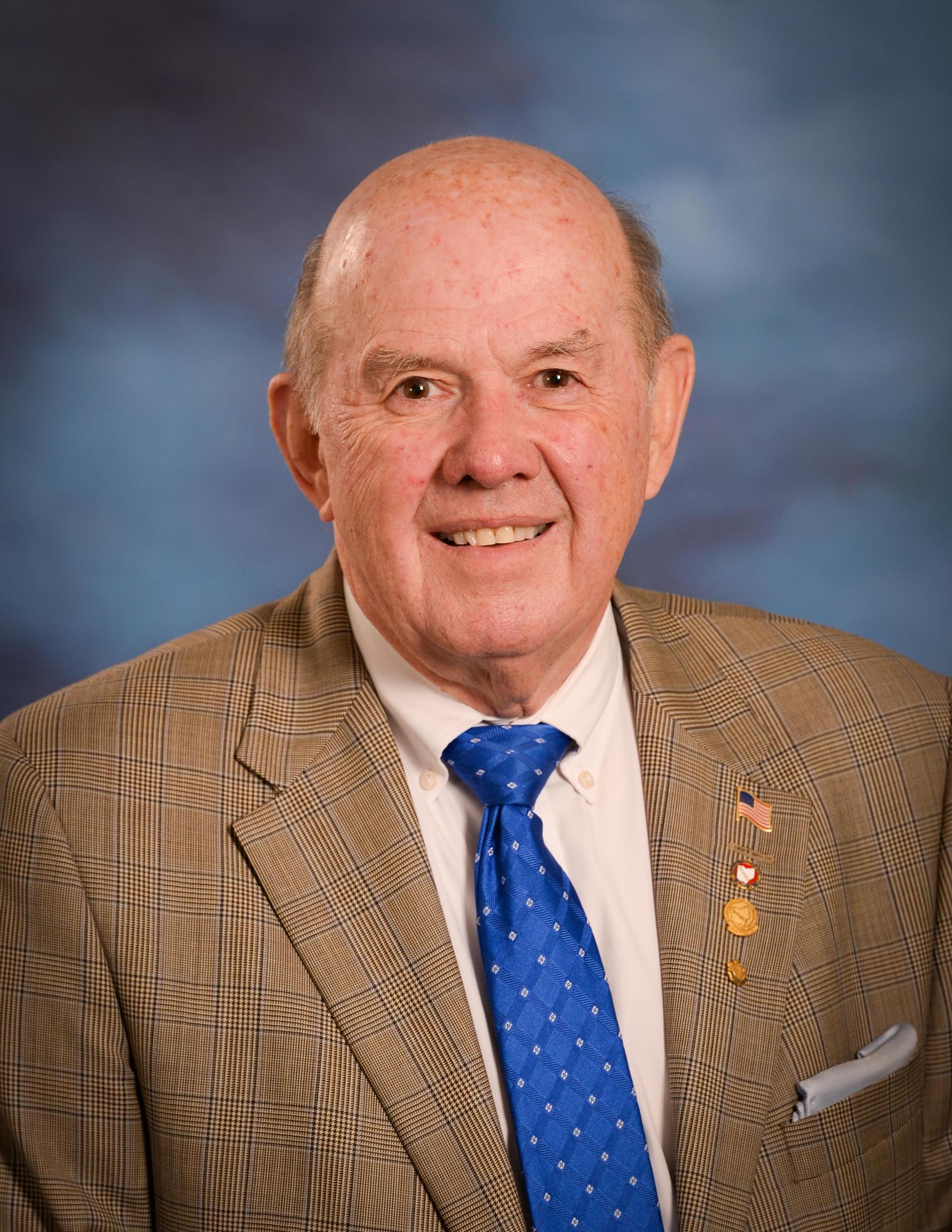More and more lately, as I approach Veterans’ Day, I think of my Uncle Roy.
Strictly speaking, he was Great Uncle Roy, my paternal grandmother’s brother, but we did not stand on ceremony about such niceties. He was the last of his generation on that branch of the family tree and he was a lovely man. His wife, Aunt Grace, was a heckuva cook and going to their house for dinner was always an occasion. At some point during the visit we would usually get to go see his sheep and hear about the farm. The farm and the house in which they lived was the last remnant of the ancestral Cahoon place in Avon, both probably engulfed by McMansions or fast food emporiums by now.
All of which has very little to do with why I think of Uncle Roy on Veterans’ Day.
I think of him then because he was a “Doughboy”, a member of the A.E.F.—the American Expeditionary Force—that went with General “Black Jack” Pershing to France, marking the entry of the United States into World War I, the first direct entry of the United States into a European conflict. It was a pivotal point in the evolution of the United States as a world power.
He never spoke of it that I know of, though Mom has the letter that he wrote home to his father about the goings-on in Paris at the close of the conflict. Was he in the filthy trenches? Was he touched by the poison mustard gas? Did he know about another Ohio boy, Eddie Rickenbacker in the air battles which were a new feature of warfare in that terrible “War to End All Wars”? This tall, gangly (I remember him that way even at age eighty or ninety) young man from the farms and garden plots of Avon, Ohio, did he see the adventure or the heartbreak of being transported “Over There”? He was one of the Yanks that were coming to save Europe from itself. He certainly was not one being sung about in a popular song of the time, “How ya gonna keep ‘em down on the farm, after they’ve seen Paree?” He, indeed, went back to the farm, to the family home where I remember him, growing corn, growing celery, raising sheep, never speaking of his experiences, at least not to us.
What spoke to me was his uniform. All wool, it hung up in the attic with other remnants of past lives—a spinning wheel, trunks and boxes, a parlor organ—no doubt being devoured by moths through the years—so many years since marching away, and coming home.
Home, of course, was changed by his going away and by his coming back. It is always so for the veterans…and for those who care for them. Honor is the deserved response to their service; that does not change. Sometimes a life well-lived and thoughtful remembrance of sacrifice is a nation’s best recognition of all its “Doughboys” in whatever conflict we have engaged. Every uniform speaks. We must listen.














